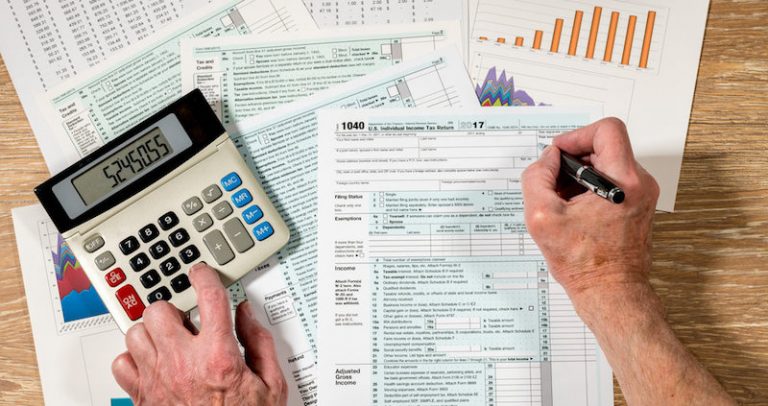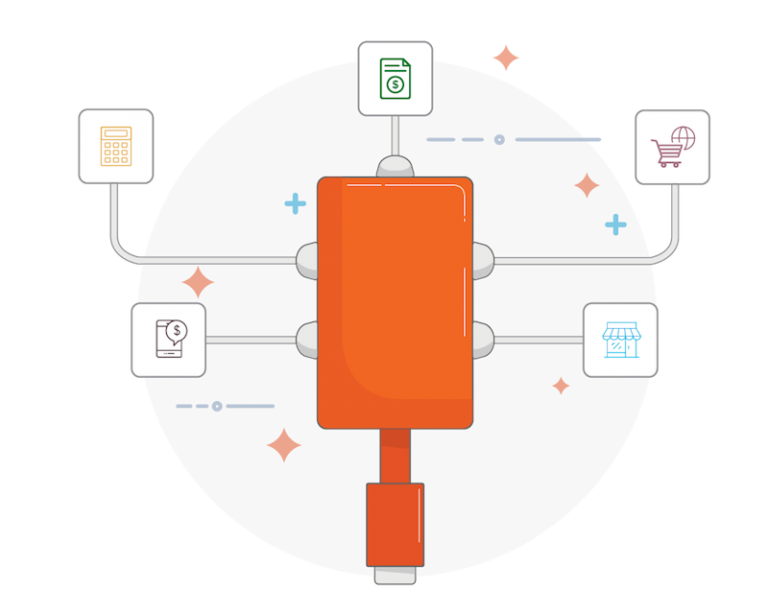Business
What You Must Know This Tax Season
Tax season is back, and although there’s little you can do to make it pleasant, proper preparation makes it easier.
Photo Credit: Cleveland.com
Tax season is back, and although there’s little you can do to make it pleasant, proper preparation makes it easier.
Whether you do your own taxes or work with a CPA, the work starts with good organization and recordkeeping.
“Keeping accurate and organized records is really the basis of good tax prep and good accounting,” said Colleen Walsh, a CPA in Philadelphia. “Not only can it be more accurate, but it minimizes penalties and it minimizes the amount of time you pay your accountant.”
Walsh said some of her clients use QuickBooks software, while others use simple Excel spreadsheets to keep financial records. Both systems can be effective. “It’s not about how big or how robust your software is,” she said. “It’s all about how accurate the input is.”
Walsh said deductions for travel, meal and entertainment expenses require recording them when they occur. In addition, charitable contributions, including noncash items like equipment, require documentation.
It’s also vital to keep personal expenses separate from business expenses. Individual income-tax payments should go through a distribution account, not an expense account; and reimbursements should go through the appropriate expense accounts.
“This is one of the biggest mistakes [small-business owners make], not just tax-wise but liability-wise,” Walsh said. Muddling personal and business expenses exposes personal assets to risk. “The whole reason to keep personal and business expenses separate is in case of a lawsuit or bankruptcy.”

Have everything laid out next to you, or easily pulled up on the computer. Photo Credit: Scrubbed.net
A tax-preparation checklist can save time (and, in some cases, money) as you prepare to do your taxes. If you do your own taxes, download a checklist from accounting firms or tax software firms. If you use a professional, request a checklist from them.
Here are more steps that make tax filing smoother:
As painful as tax filing can be, it provides opportunities to reduce tax burdens.
Walsh recommends you first check for large asset purchases on your balance sheet that can be expensed fully for the year. If you’re unsure an expense qualifies, section 179 of the tax code explains the rules.
Next, review your account receivables. Are any uncollectible amounts due? You might be able to write those off this year.
Walsh said many small businesses overlook tax credits they’re eligible to claim. These include the health-care (ACA) small-business credit for providing 50 percent or more of individual coverage, and the research and development credit for improving manufacturing processes. In addition, several state tax credits can benefit small-business owners. Walsh advises reviewing your state’s website or questioning your accountant to understand which specific tax credits you can claim.

Companies like Avalara can help make taxes easier. Photo Credit: Avalara
Businesses that use the internet for sales should know the rules for collecting sales taxes. “Sales tax is becoming more onerous,” Walsh said. “States are becoming more aggressive, especially with internet sales. Know your state’s nexus rules, and all collection and filing requirements.”
Software like AvaTax helps navigate state sales-tax complexities.
As everyone knows, 2018 brought major changes in federal taxes. Walsh said one of the biggest changes for small businesses affects pass-through entities, such as S Corps, LLCs and sole proprietors. For 2018, pass-through entities can take 20 percent deductions from qualified business income.
“A lot of rules surround this, but it’s brand new for this year and it’s something to be aware of,” Walsh said. (See section 199A for details.)

You may be able to do your taxes yourself, but having another pair of eyes going over things with you will help you in the long run. Photo Credit: Groupon
Can you do your own taxes? Sure, you can save money through DIY business taxes, but it might cost more than you save.
“Penalties can be steep for noncompliance for federal and state income, sales and payroll taxes,” Walsh said. “Professional services coupled with software are almost a requirement to stay in compliance with tax laws and remain aware of tax benefits.”
Qualified accountants make tax filing less of a headache, and they might even find credits and deductions you otherwise would miss.
The federal government shut down for five weeks from late December through late January. Although the IRS recalled thousands of employees to begin processing refunds, you might still encounter delays. Certain business-related tax forms aren’t approved year over year, which means they might not be available right away. “For pass-through entities, this could affect your individual tax filings,” Walsh said.
Taxpayers should visit the IRS website to find answers to lingering questions.
The deadline for filing taxes depends on your business structure. S-corporations and partnerships that use forms 1120S and 1065 must file by March 15, and the extension date is Sept. 16. C-corporations that use Form 1120 and businesses that file a Schedule C with personal taxes must file by April 15, with an extension date of Oct. 15. Start now to prevent last-minute hiccups from becoming painful penalties.

WE ARE HERE TO HELP THE INDUSTRY, TO HELP INDIVIDUAL BUSINESSES GET THE MOST OUT OF THE INDUSTRY, AND TO HELP YOU.